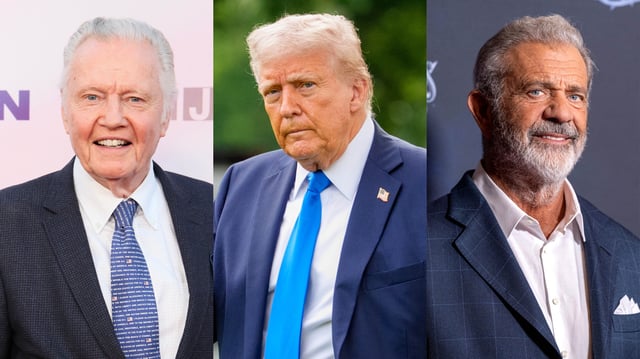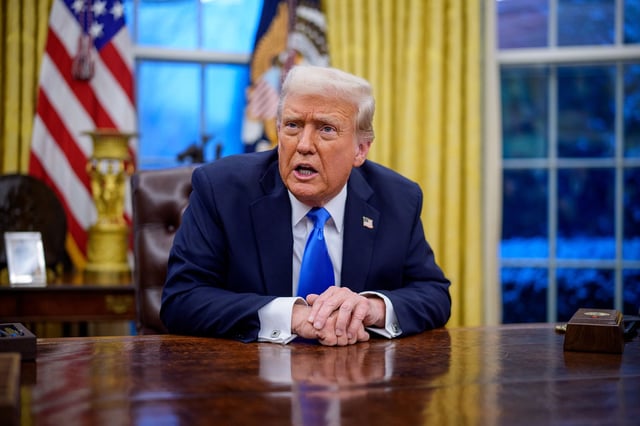Overview
- President Trump has initiated the process to impose a 100% tariff on foreign-produced films, citing national security and propaganda concerns.
- Industry experts warn that the tariffs could increase production costs, reduce the number of films made, and provoke retaliatory trade measures from other nations.
- Hollywood stakeholders and international producers highlight the importance of global collaboration in modern filmmaking, questioning how 'American-made' would be defined under the policy.
- Academics and cultural critics argue that the proposed tariffs could harm multilingual cinema and limit cultural exchange, labeling the move as a form of cultural protectionism.
- Bipartisan calls are growing for proactive federal investment and expanded tax incentives as a more effective means of revitalizing U.S. film production.



